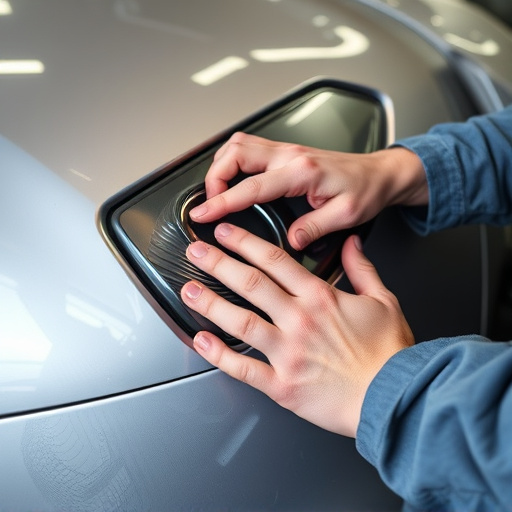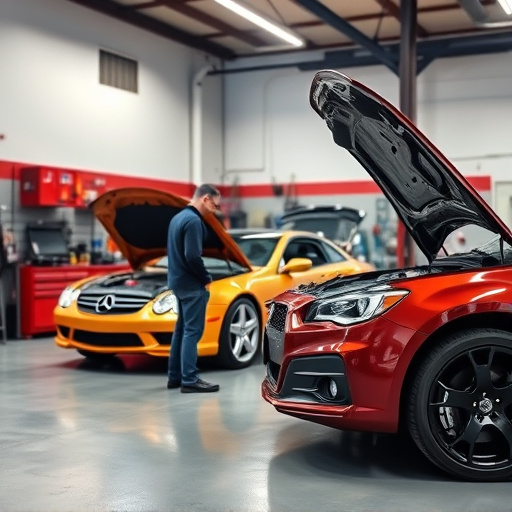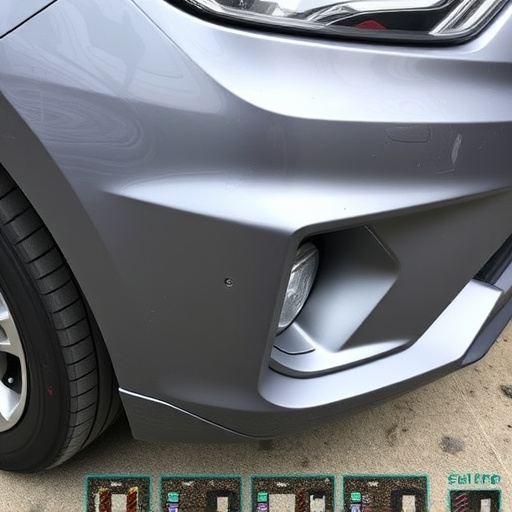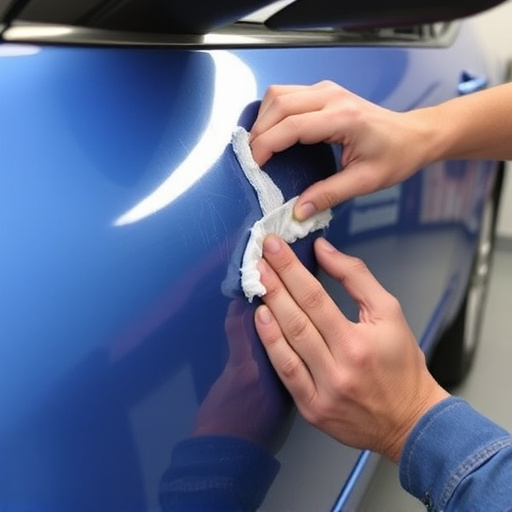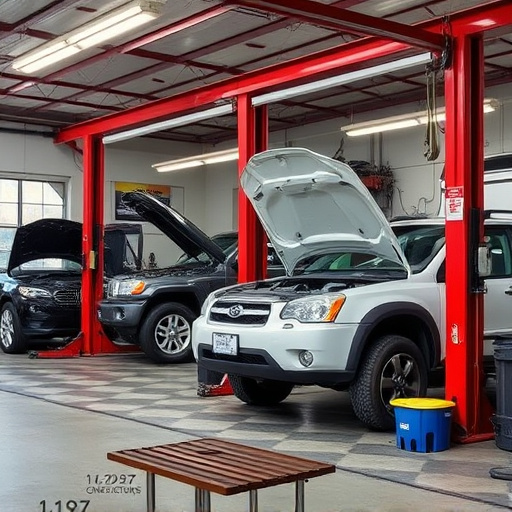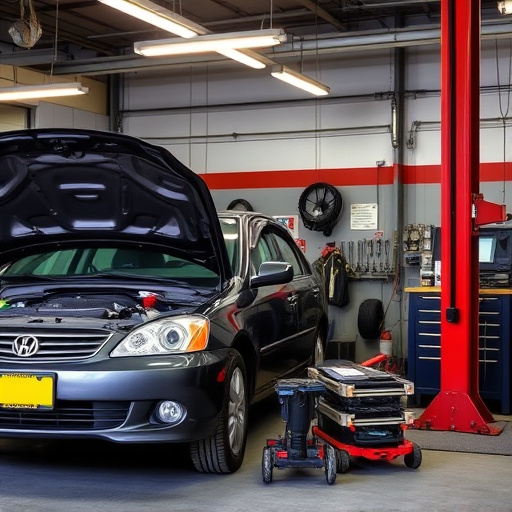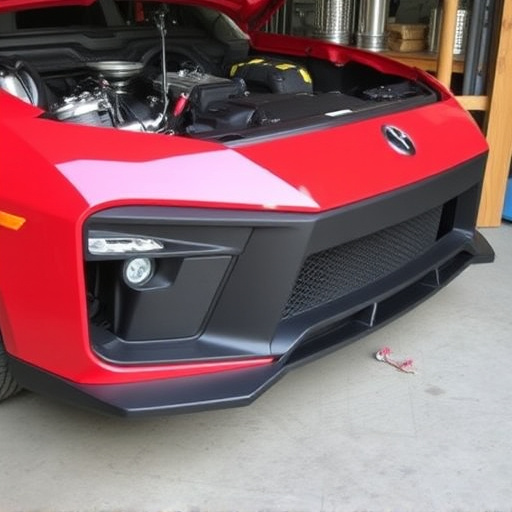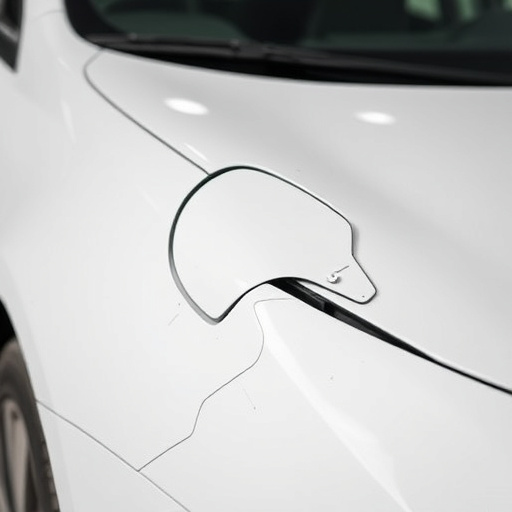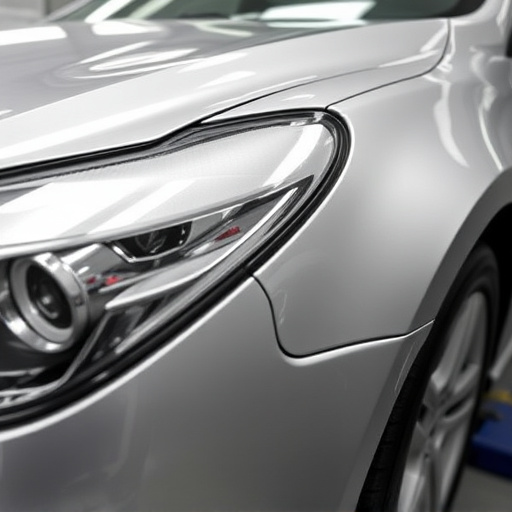Resistance spot welding (RSW) is a precise, efficient technique for joining metal parts in vehicles, enhancing safety and aesthetics. Its localized heat source minimizes damage, speeds up repairs, and delivers high-quality bonds surpassing original equipment standards across various car maintenance services, including auto glass repair and dent removal.
Resistance Spot Welding (RSW) is transforming automotive repairs with its precision and efficiency. This advanced technique fuses metal by applying controlled electrical current, creating strong, reliable bonds. In this comprehensive guide, we explore how RSW improves repair quality, from its precise heating process to its ability to preserve structural integrity. By understanding the advantages of RSW, professionals can ensure stronger, more durable repairs that meet modern automotive standards.
- Understanding Resistance Spot Welding: A Comprehensive Overview
- Advantages of RSW in Repair Processes: Enhanced Precision and Efficiency
- Quality Assurance through RSW: Ensuring Stronger, More Reliable Repairs
Understanding Resistance Spot Welding: A Comprehensive Overview
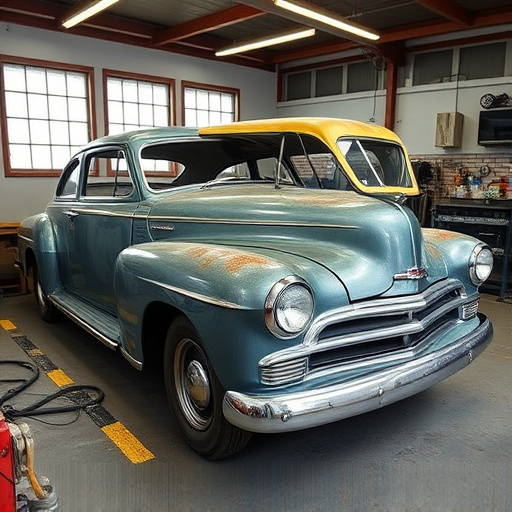
Resistance spot welding is a highly precise and controlled method used to fuse metal components together. Unlike traditional welding techniques, it focuses on a small area, creating a strong joint with minimal heat input. This process involves applying pressure while passing an electric current through the materials being welded, generating heat that fuses them at the point of contact. The technique is particularly popular in the automotive industry due to its ability to efficiently join various metal components found in modern vehicle body shops and automotive repair services.
In a dent repair scenario, resistance spot welding can significantly enhance quality. Its precision allows for accurate and clean welds, ensuring structural integrity without introducing unsightly scars or deformities often associated with other methods. This is crucial for maintaining the aesthetic appeal of vehicles, especially in high-end markets where customers demand flawless repairs. By efficiently sealing panels and components, resistance spot welding contributes to improved vehicle safety and reliability across all automotive repair services.
Advantages of RSW in Repair Processes: Enhanced Precision and Efficiency
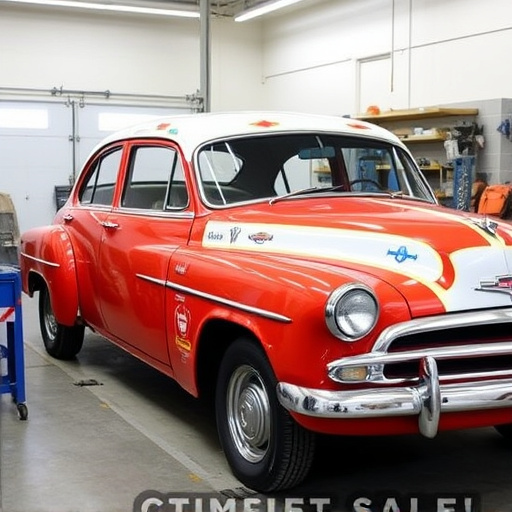
Resistance spot welding (RSW) offers significant advantages in repair processes, particularly when it comes to enhancing precision and efficiency. Unlike traditional welding methods, RSW employs a focused, localized heat source, allowing for accurate control over the weld area. This precision ensures that only the damaged area is heated, minimizing heat impact on surrounding components, which is crucial for maintaining the integrity of car repair services and vehicle repair processes.
The efficiency gained from RSW is equally remarkable. The technique enables faster heating and cooling times compared to other methods, reducing the overall repair cycle. This not only expedites vehicle turnaround but also contributes to cost-effectiveness in paintless dent repair processes. By improving both precision and efficiency, RSW becomes a game-changer for ensuring high-quality repairs across various car repair services and vehicle types.
Quality Assurance through RSW: Ensuring Stronger, More Reliable Repairs
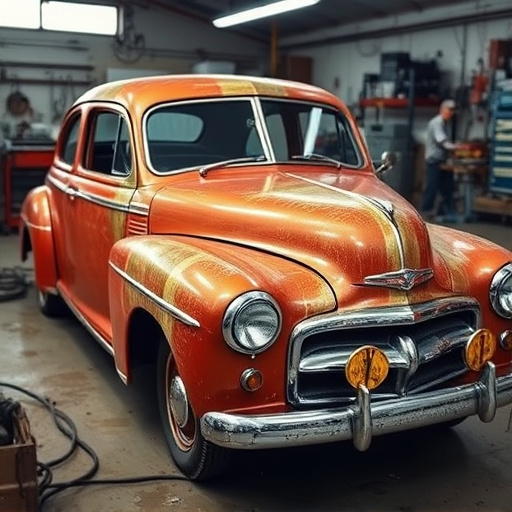
Resistance spot welding (RSW) is a game-changer when it comes to ensuring quality assurance in automotive repairs and maintenance, particularly for tasks like auto glass repair, vehicle dent repair, or more intricate car repair services. This advanced welding technique offers unparalleled precision and control over the weld process. By precisely controlling heat input, RSW minimizes the risk of damage to surrounding materials and components, a common challenge with traditional welding methods.
The strength and reliability of repairs are significantly enhanced due to RSW’s ability to create deep penetration with minimal heat impact. This results in robust, long-lasting bonds that meet or exceed the original equipment standards. With its consistent performance, RSW ensures every repair is of the highest quality, reducing the need for costly rework and enhancing customer satisfaction across various car repair services and vehicle dent repairs.
Resistance spot welding (RSW) emerges as a game-changer in automotive repair, offering unparalleled precision and efficiency. By focusing on localized heating and controlled energy delivery, RSW ensures stronger, more reliable welds compared to traditional methods. Its benefits extend beyond improved structural integrity; RSW also streamlines repair processes, reducing cycle times and material waste. As the demand for high-quality, sustainable repairs grows, resistance spot welding is poised to remain a cornerstone of modern automotive maintenance, delivering consistent results that drive customer satisfaction.

